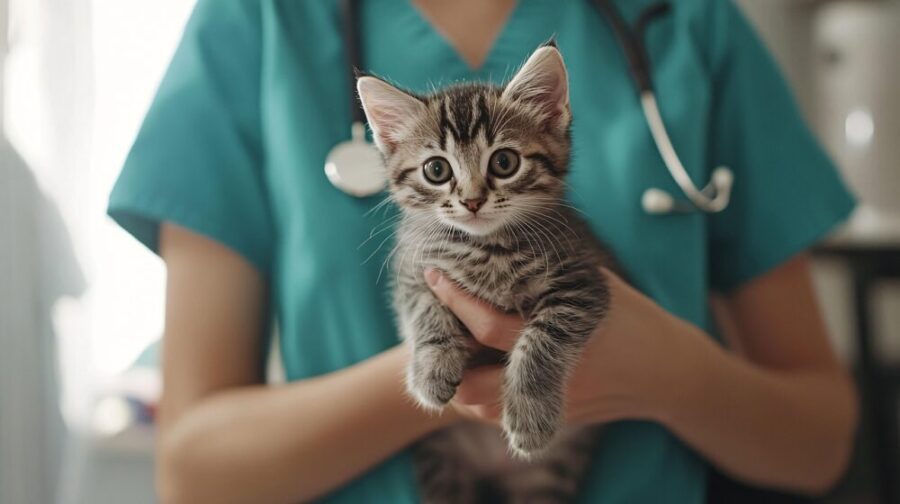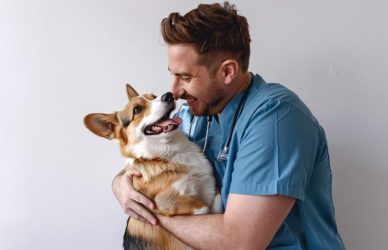As veterinary nursing evolves, more and more vet nurses are seeking to specialise. Whether it’s feline medicine, anaesthesia, exotic species, or emergency and critical care, specialisation can be a fulfilling way to grow your career, develop your skills, and get more out of your days at work. But how do you know if it’s the right move for you?
Here’s what vet nurses in the UK – and worldwide – need to consider before taking the leap.
1. What Does It Actually Mean to Specialise as a Vet Nurse?
Specialising means developing a much deeper level of knowledge and expertise in a specific area of veterinary nursing. In the UK, this could involve achieving an RCVS-recognised post-registration qualification, like a Certificate in Advanced Veterinary Nursing. In some cases, nurses may pursue diplomas, specialist training abroad, or even academic research roles.
Globally, the route to specialisation varies quite a bit. In the US, veterinary technicians can become Veterinary Technician Specialists (VTS) through NAVTA-accredited academies, while in Australia, nurses may pursue Diplomas through nationally recognised training or gain accreditation via industry bodies like the VNCA.
2. Why Specialise?
There are lots of motivations to specialise, starting with genuine passion for a particular area – maybe you thrive in the operating theatre or have a real talent for behaviour and welfare. Career advancement is another major driver, as specialist roles often come with greater responsibility, recognition, and sometimes better pay. Many nurses also find that specialised knowledge can genuinely improve patient care and practice standards, while opening doors to teaching and leadership opportunities where they can mentor others or take on clinical coaching roles.
3. Popular Areas of Specialisation
While opportunities are expanding, common specialisms include:
-
Anaesthesia and analgesia
-
Emergency and critical care
-
Exotics and wildlife
-
Feline or canine nursing
-
Behaviour and welfare
-
Surgical nursing
-
Dentistry
-
Nutrition
New fields like rehabilitation, oncology, and diagnostic imaging are also gaining real traction.
4. Qualifications and Training Routes
In the UK, options include:
-
RCVS Advanced Veterinary Nursing Diplomas (AVN)
-
Certificate in Advanced Veterinary Nursing
-
University-based top-up degrees (BSc Hons)
-
VTS credentials from overseas (e.g., via AVTAA or VECCS)
5. Funding and Time Commitment
Specialist training is a significant investment. Courses can cost anywhere from £1,000 to over £6,000 depending on the provider and depth, and most require case studies, workplace mentorship, and exams. Some employers offer sponsorship or CPD budgets – don’t be afraid to ask! Balancing study with full-time work is tough but definitely doable with the right support.
6. Is It Right for You? Key Questions to Ask
Before enrolling, ask yourself:
-
Do I genuinely enjoy this area enough to commit long-term?
-
Will this qualification actually open new doors in my practice or elsewhere?
-
Do I have the time, energy, and financial means to complete the course?
-
Does my workplace properly support my goal?
-
Am I doing this for me – or because I feel I “should”?
7. Don’t Forget the Soft Skills
Expertise alone isn’t enough. Specialisation often leads to roles in leadership, teaching, or interdepartmental communication, which means you’ll need excellent communication skills and clinical coaching abilities. Confidence in your decision-making becomes crucial, as does a genuine commitment to lifelong learning. These soft skills often prove just as important as your technical expertise when it comes to making a real impact in your specialist role.
8. What Actually Comes Next?
Once you’re qualified, your role may shift significantly. You might lead protocols or oversee specialist wards, write articles, speak at CPD events, or teach students. Some specialists move into referral practice or academia, while others use their specialism to genuinely improve general practice care. Importantly, there’s no “one way” to apply your skills – you can shape your path based on your goals and what the profession actually needs.








